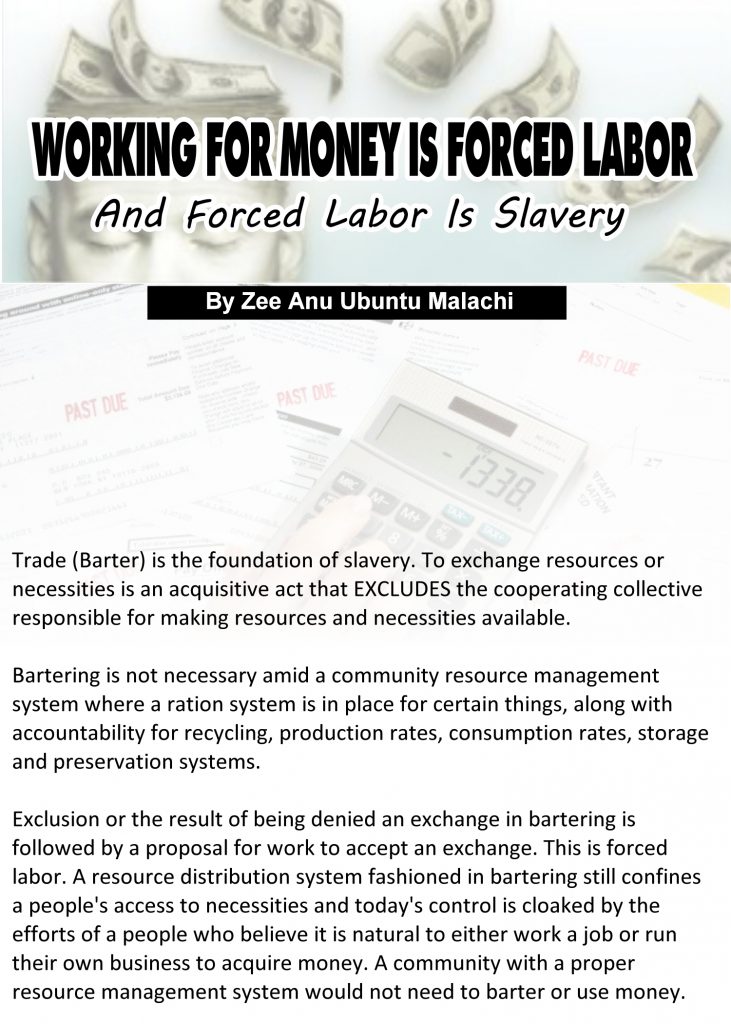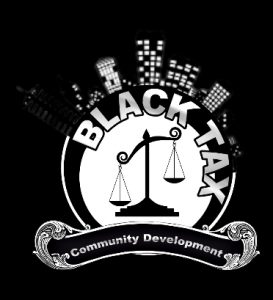
Community organization for managing a balanced distribution of resources is an act credited to the wisdom of an original indigenous people’s effort to preserve stability. Retaining stability was a majestically humongous cosmic task, not because the physical endeavor was difficult; because it wasn’t hard or burdensome at all. Upholding stability inherited a consistent shadow; a psychological threat driven from a fear of deprivation.
The tension associated with the ideas from the thoughts of being deprived could cause indigenous people to break routines used to sustain the stability of the community for decades; even after being taught and warned about this sensation. The response to the emotions connected with conceptualizations of being deprived had to be met with a discipline and resistance that made a person feel like they were sacrificing their lives. They had to trust or have faith that due to the community’s collective application, they were then no where near a state of deprivation.
Those who succumbed to this state no longer saw the routines they performed as essential community organizing; instead they thought of themselves as suppliers (those who actually controlled the distribution of resources). These are the people who started a trade system among themselves in order to assure abundance among themselves. Those who could not be considered suppliers were excluded and forced to perform a task as an exchange. This is forced labor. The tasks that they were made to perform were tasks that they had already once performed without an exchange system.
If you are ready for the truth, then hear it is – EVERYONE WORKING FOR MONEY IS A SLAVE.





Pingback: Collective Funding Awakening – Black Tax